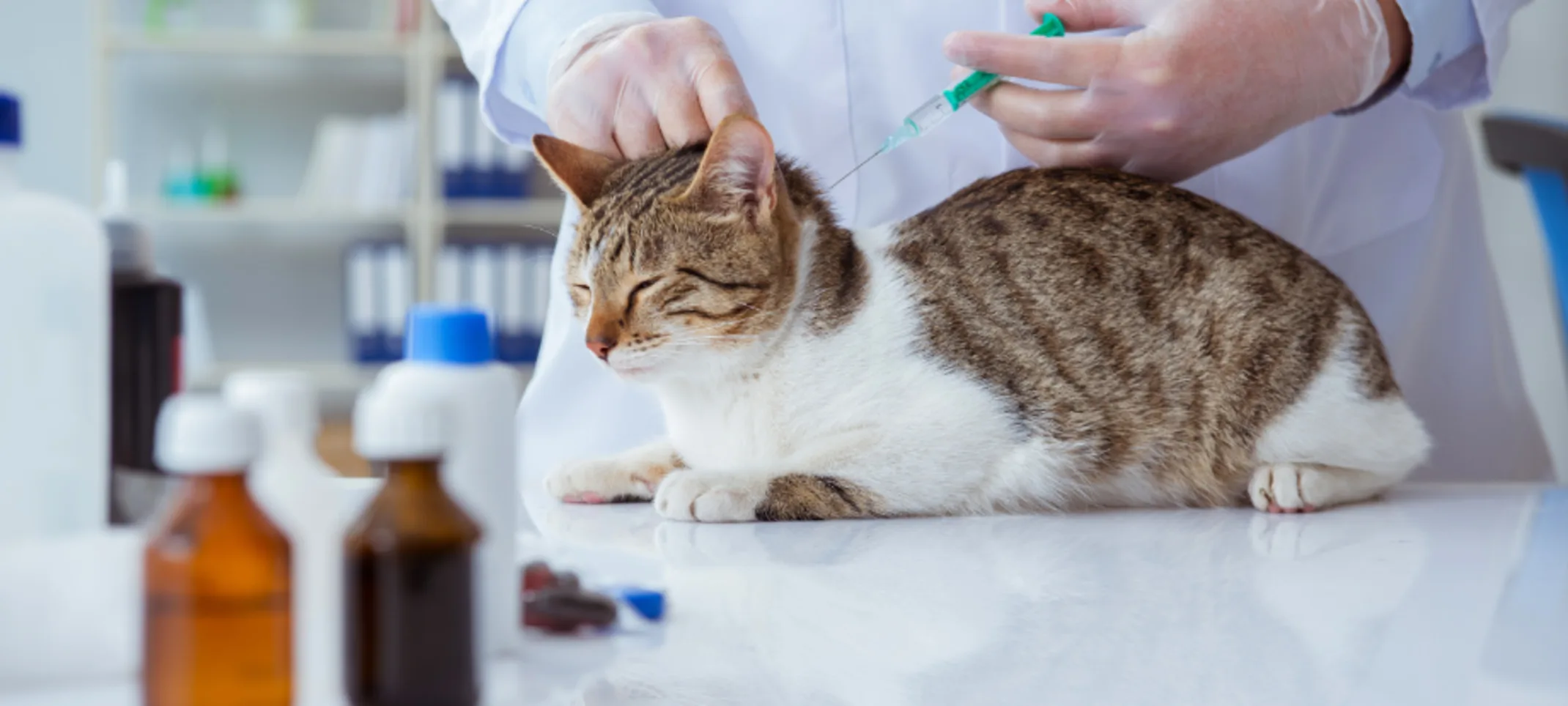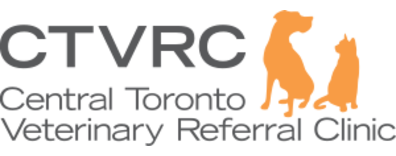Central Toronto Veterinary Referral Clinic
Anesthesiology
Central Toronto Veterinary Referral Clinic offers the services of a board-certified specialist in veterinary anesthesia and analgesia for many of the procedures performed within the hospital.

On the day of your pet's procedure:
They will be assessed by an anesthesiologist who will work together with the other doctors in the hospital to formulate a comprehensive plan for your pet's care within the hospital. This includes a general health assessment of your pet, including review of any diagnostics already performed as well as a hands on evaluation of your pet prior to their procedure. They oversee the care for your pet, before, during and after their procedure to ensure that if needed, any drug protocols can be changed to best meet their needs.
Our anesthesiologist, Dr. Ellen Williamson, performs the following services:
Pre-anesthetic assessment and planning
Loco-regional anesthesia including epidurals and ultrasound-guided nerve blocks
Post-anesthetic pain management, including longer-term follow-ups for patients with chronic pain, if needed
Consultations with outside veterinarians
What is an ACVAA diplomate?
A Diplomate of the American College of Veterinary Anesthesia and Analgesia (DACVAA) is a board certified specialist in anesthesia and analgesia. In order to become an ACVAA diplomate, an individual must possess a Doctor of Veterinary Medicine (DVM/VMD or foreign equivalent) degree, have completed a 12 month general internship or equivalent training, completed training in an approved ACVAA residency program in the field of anesthesia and analgesia, and have passed the ACVAA certifying examination.
A veterinary anesthesiologist's role in patient care extends beyond simply prescribing anesthetic drugs. Prior to anesthesia, a diplomate evaluates the animal's physical condition and any disease that may negatively impact the animal's response to anesthesia. They may prescribe (or guide) treatment to help stabilize the patient and to increase peri-anesthetic safety of the patient. Additionally, they manage all aspects of peri-procedural pain, monitor, diagnose, and treat anesthetic-related complications that may arise and keep a legal record of the same. In addition to expertise in managing acute pain, many veterinary anesthesiologists can also make educated recommendations and/or provide treatment for chronic pain. They also provide consultation for veterinarians, who are not experts in anesthesia, regarding anesthesia or analgesia care of individual patients.
